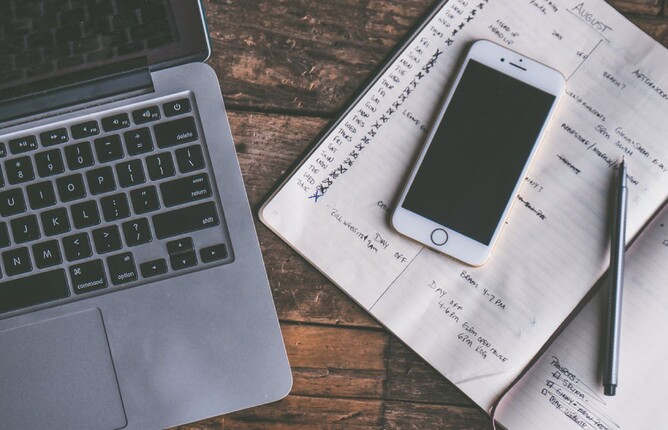In New Zealand, goods and services tax (GST) is added to the price of most products and services. If your business is GST registered, you collect GST from customers (by adding 15% to your sale price) and you pay this to the government, less any GST that your business has paid on goods or services purchased.
Not sure whether to register your small business?
If your turnover (sales) was more than $60,000 over the past 12 months, or if you expect your turnover in the next 12 months to be more than $60,000, you must register for GST. When you reach this threshold, you need to register within 21 days.
But if your turnover is under that $60,000 threshold, you can choose whether to register voluntarily or not.
There are a few things to consider when making the decision to register. Get in touch with us if you are unsure whether or not you should register and we'll help you to understand the pros and cons.
How to avoid under or over claiming GST throughout the year:
To ensure you’re GST is accurate we recommend completing your GST using accounting software packages such as Xero or Banklink. You can either ‘code’ and file GST yourself, code the GST and Accounted4 can review & file, or we completely code and file the GST for you.
When we prepare annual accounts for clients who prepare and file their own GST, there can be instances where the GST treatment for certain transactions is incorrect, resulting in an over-claim or under-claim for the year. When we notice errors, we correct the transactions and let you know of any GST adjustments resulting in a GST adjustment which will need to be paid/refunded in your next GST return after we complete your annual accounts, or in some cases reassessing the GST return that has been filed.
Here are some common errors in GST preparation:
- GST on rental/ house expenses. GST does not apply to residential rentals, including farm workers cottages. Expenses can be claimed, but make sure to remove the GST portion when you code the transaction.
- GST on asset purchases. Some of the time, purchases such as laptops, phones, vehicles, lawnmowers etc have mixed use; some private and some business. When you code these purchases, split the transaction to allocate the personal portion to exclude GST.
- GST on insurance. Just like purchases, a lot of insurance invoices have a private portion for home and contents, private % of vehicle use, and other personal items. You can split out the business portion to the insurance code, and code the rest to private. Bear in mind that life insurance is always a private expense and cannot be claimed.
- Hire Purchase payments. These do not have GST attached. The full amount of GST is claimed on the asset purchase up front.
- Overseas transactions. GST cannot be claimed on services and products sourced from overseas suppliers. To be on the safe side, check your receipts to see if NZ GST has been charged. If you purchase goods from overseas and pay import GST via Customs, you can claim this in Box 13 of your GST return. Please contact us if you need any assistance with this.
- Vehicle expenses. If you have a vehicle with a private use percentage of, for example, 75%, then all vehicle expenses such as fuel, maintenance, rego & insurance relating to that vehicle will also have a 75% private portion.
- Selling assets. When you sell something on the asset schedule, the same percentage of GST that you claimed originally on purchase will need to be returned on the sale.
- Entertainment expense. Only half of entertainment expenses that include food & drink can be claimed, as there is the assumption that there is a personal level of enjoyment relating to entertainment. When you code your GST, split the transaction to half personal and half entertainment expense.
- Paying expenses through a private credit card or bank account not linked to Xero/Banklink. If you do ever pay expenses privately and add them to your GST return, make a list of these transactions and provide these at annuals time so we can bring them into the accounts and balance the GST.
- Suppliers or Contractors who are not GST Registered. Make sure you have a tax invoice from suppliers & contractors which includes their GST number & GST amount charged for their goods or services. If they are not GST registered, you can’t include the expense & claim the GST back in your GST return.
- Second Hand Goods. The exception to the rule above is second hand goods, you are allowed to claim GST back on any second hand goods bought for your business in New Zealand if the supplier is not GST registered. Just note down the suppliers name, address and the purchase details.
The more accurate the coding is throughout the year, the less likely of any major GST adjustments and the faster we can reconcile your GST at year end. To make sure your GST is accurate, check that your expense and income codes have the right GST attached, split the transactions where applicable, and once filed at the IRD do not go back and change codes. We accountants love seeing narrations, so feel free to narrate transactions that you think we may need more information on.
If you are unsure how to split transactions, or of where/how to code something, give us a quick call or email and we can direct you accordingly!




